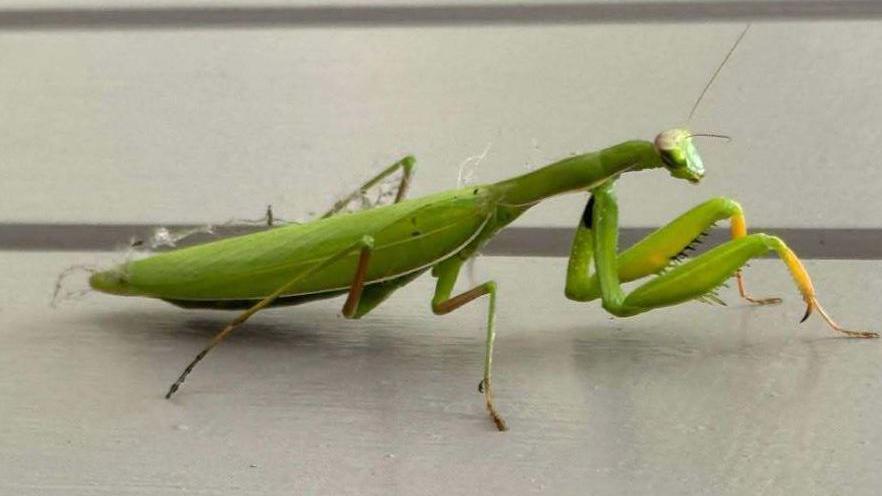Weekly round-up: Stories you may have missed
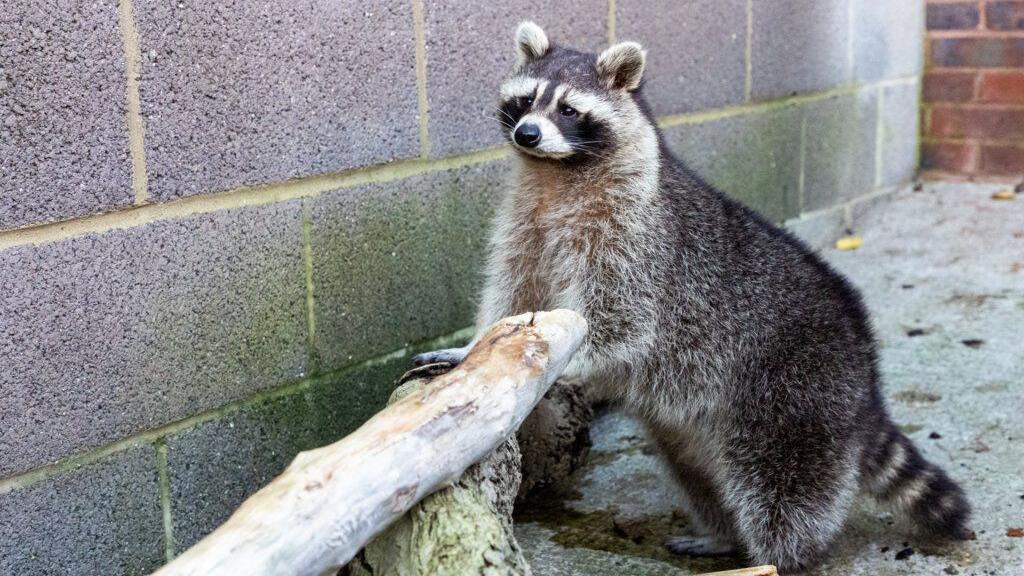
Raccoons are on a list of invasive alien species, due to the risk they pose to native wildlife
- Published
A raccoon rescue, a mission to dig up a buried whale head and smartphone bans in schools were among the stories in the news over the past week.
We have selected five stories you may have missed in Devon and Cornwall.
Principal calls smartphone ban transformative
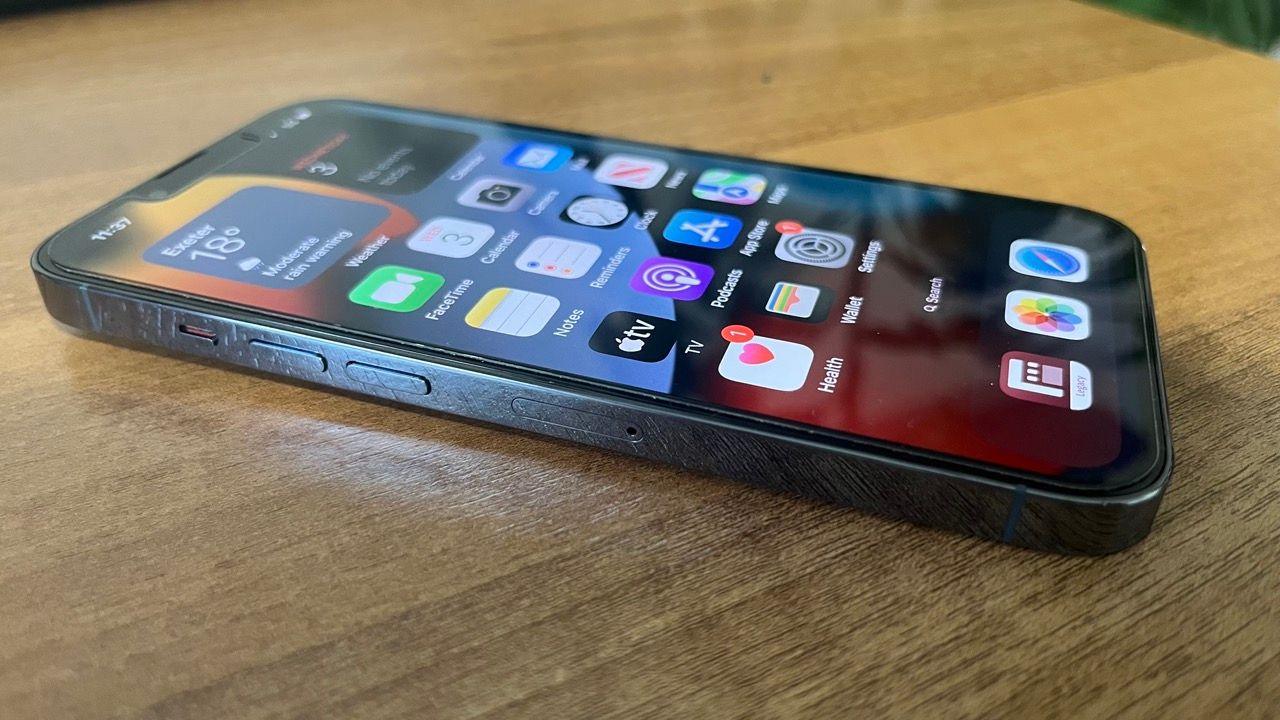
Smartphones - but not all phones - have been banned at the college
A college principal has said a smartphone ban introduced in September has been "fantastic".
Tina Graham, of Kingsbridge Community College, said teachers had pushed for change after noticing a growing dependence on smartphones among pupils, and rising issues around safeguarding and inappropriate online content.
She said, after parents were consulted in April, she decided "quite quickly" to move to an outright ban on smartphones while still allowing simple "brick" phones so students could contact their families in emergencies.
The principal said the wider community had been "incredibly supportive" and staff had described transformative improvements in students' behaviour.
Ten-hour mission to excavate huge whale head
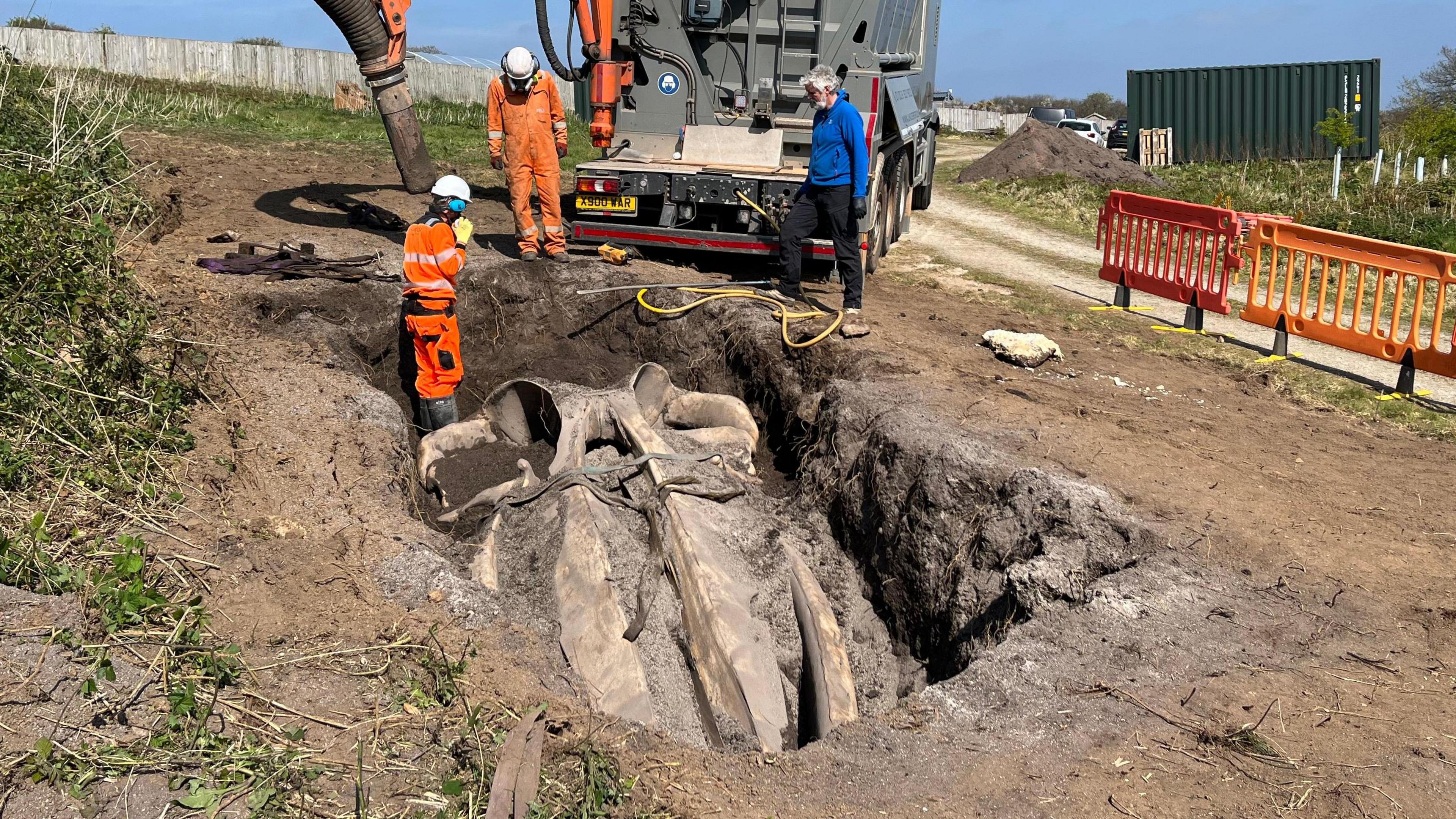
The skull, which was buried in Falmouth, is the length of a minibus
The two-tonne head of a whale that died after stranding in Cornwall has been excavated in a 10-hour mission, five years after its burial.
As the local community had attempted to rescue the stranded fin whale in 2020, a decision was made to keep part of it so it could eventually be displayed as a memorial.
Scientist Robbie McDonald said he buried the skull on University of Exeter land in Falmouth to help prepare the bones for study and display, as it is the most natural way to clean them.
"Hopefully we can learn something about the marine environment that it came from but ultimately it will be a nice thing for people of Cornwall to remember this animal," he said.
'Bit of a surprise to get a call about a racoon'
Watch: Roaming racoon rescued in Cornwall
An overweight racoon has been rescued in Cornwall.
The RSPCA said the racoon was captured at Gwennap and was now at its West Hatch Wildlife Centre, where he was being cared for before going to a permanent home.
The charity said it had thanked people for their help and RSPCA officer Abi Kemp rescued the animal, which weighed about three times the normal weight for the species at about 2st 1lb (11.2kg).
Ms Kemp said: "We're so grateful for everyone who gave him a helping hand, including St Clement Vets and their head nurse for dropping everything and joining me and allowing me to hold the raccoon there overnight."
Celebrating 10 years of Weather Watchers
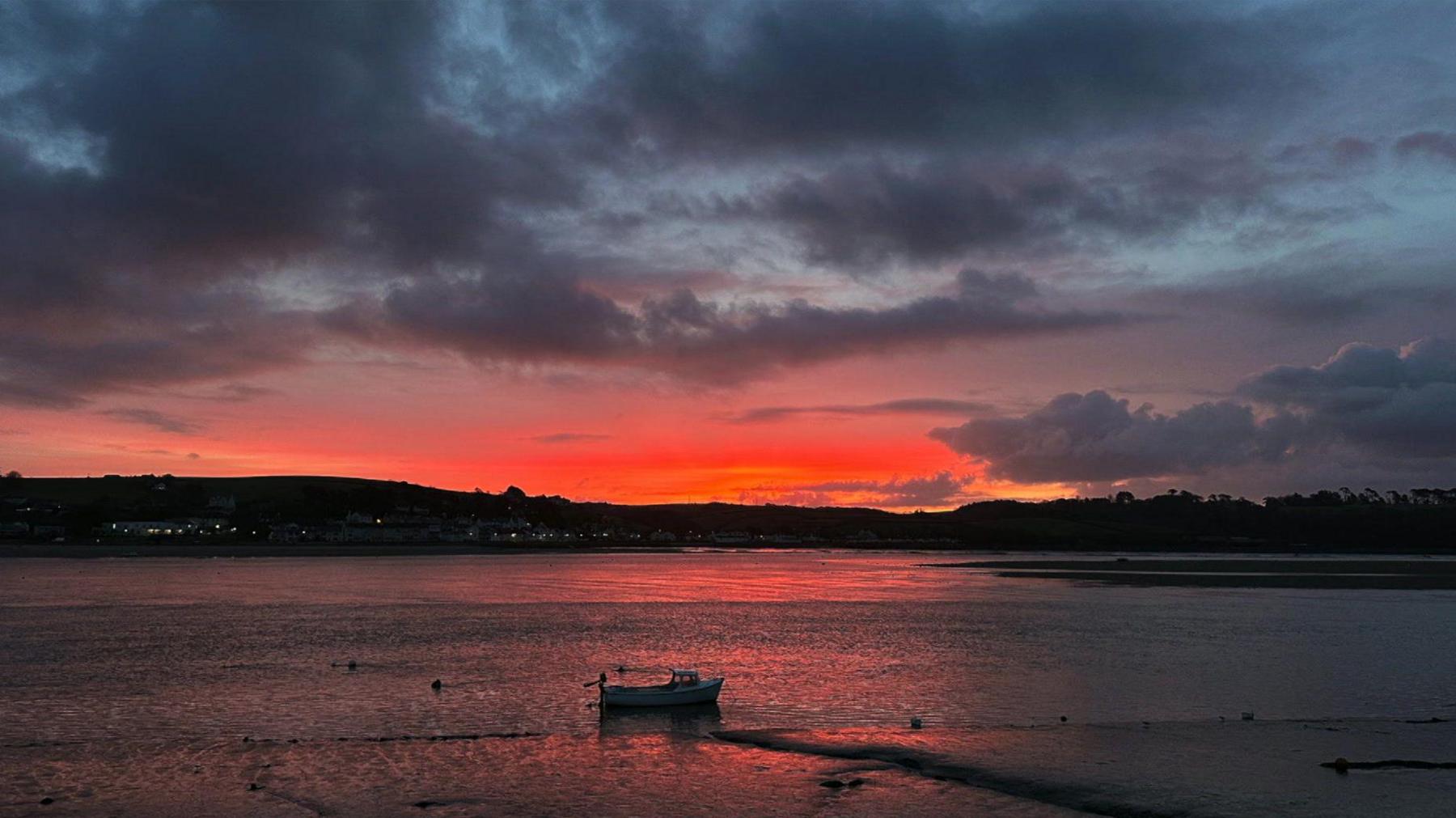
This Weather Watchers' picture is Liz Brady's favourite image
BBC Weather Watchers has celebrated its 10th birthday with residents across Devon and Cornwall sending in their photos of showing snow, sunshine, storms and even the Northern Lights.
David Braine, senior broadcast meteorologist, spoke to some of those who had sent in images including Jerry Betteridge - who had always been involved with the weather as a mariner and as a Royal Navy aviator - and Julie Taylor - a keen photographer who was inspired to recreate some of her images as paintings.
For Liz Brady taking photos has become "addictive" and part of her routine.
See a small selection of the photos taken in Devon and in Cornwall.
Rare navigational tool back on islands
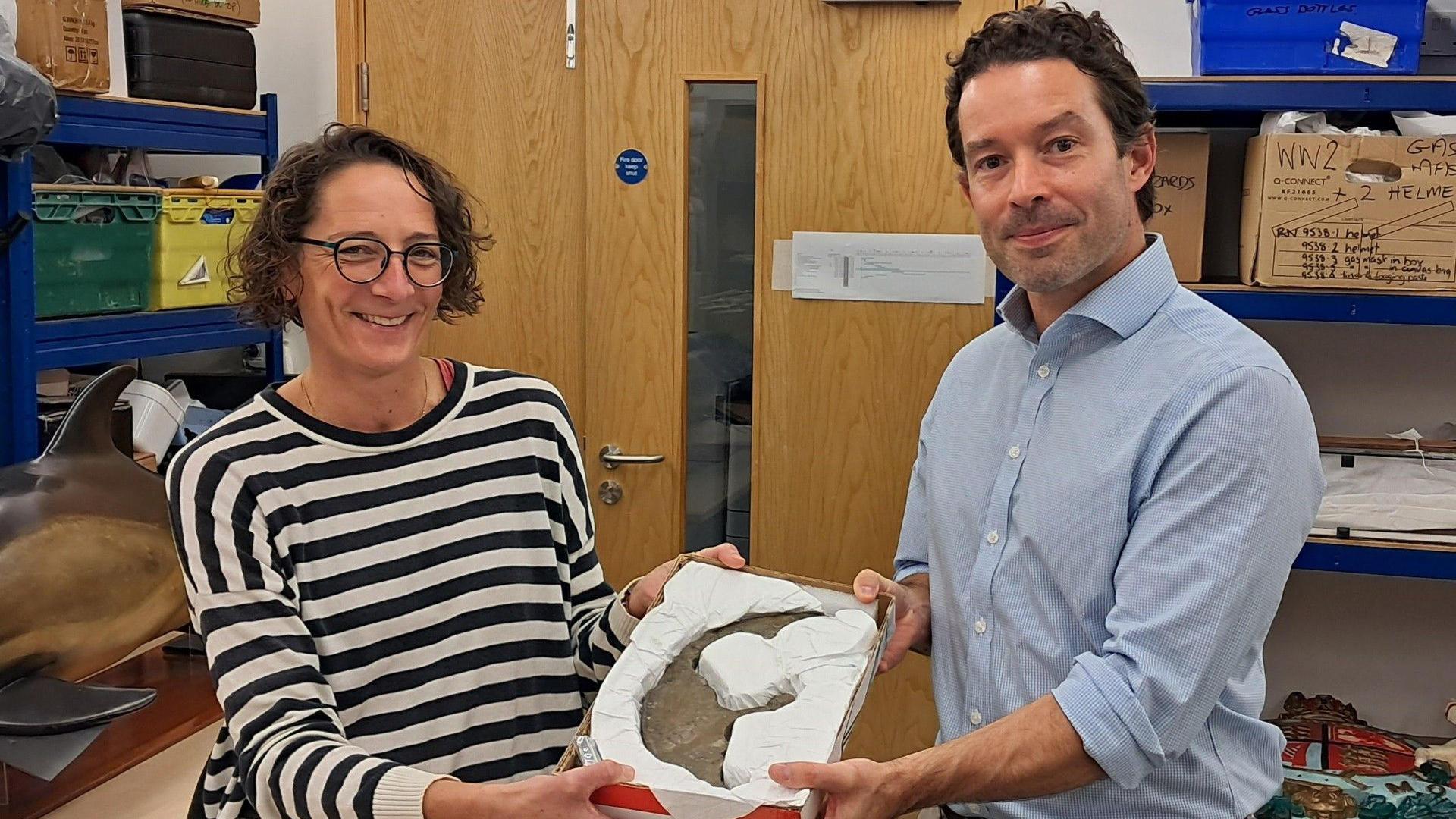
Lydia Bassett (L) and Xavier Duffy, from the Isles of Scilly Museum, said it would be on display when the new museum opens in autumn 2026
A rare navigational tool is back on the Isles of Scilly more than 400 years after it was lost at sea.
The Pednathise Head astrolabe, dated to 1568, was used by early explorers to measure the altitude of the sun or stars to determine latitude, with only 120 of the devices known to have survived from that era.
The item was discovered in a Spanish shipwreck in the late 1980s, at Pednathise Head, before it was taken across three continents as part of private collections.
The Isles of Scilly Museum said the return of the Pednathise Head astrolabe "brings a captivating chapter of maritime history full circle".
Follow BBC Cornwall on X, external, Facebook, external and Instagram, external. Follow BBC Devon on X, external, Facebook, external and Instagram, external. Send your story ideas to spotlight@bbc.co.uk, external.
- Published7 days ago
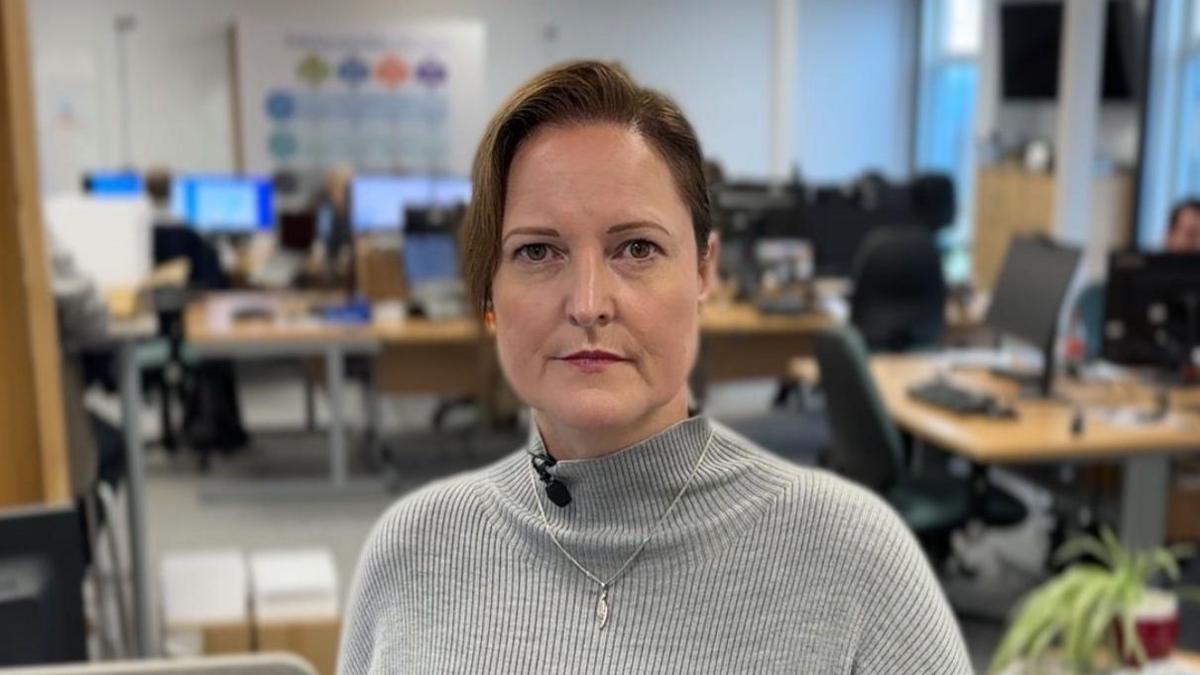
- Published9 November
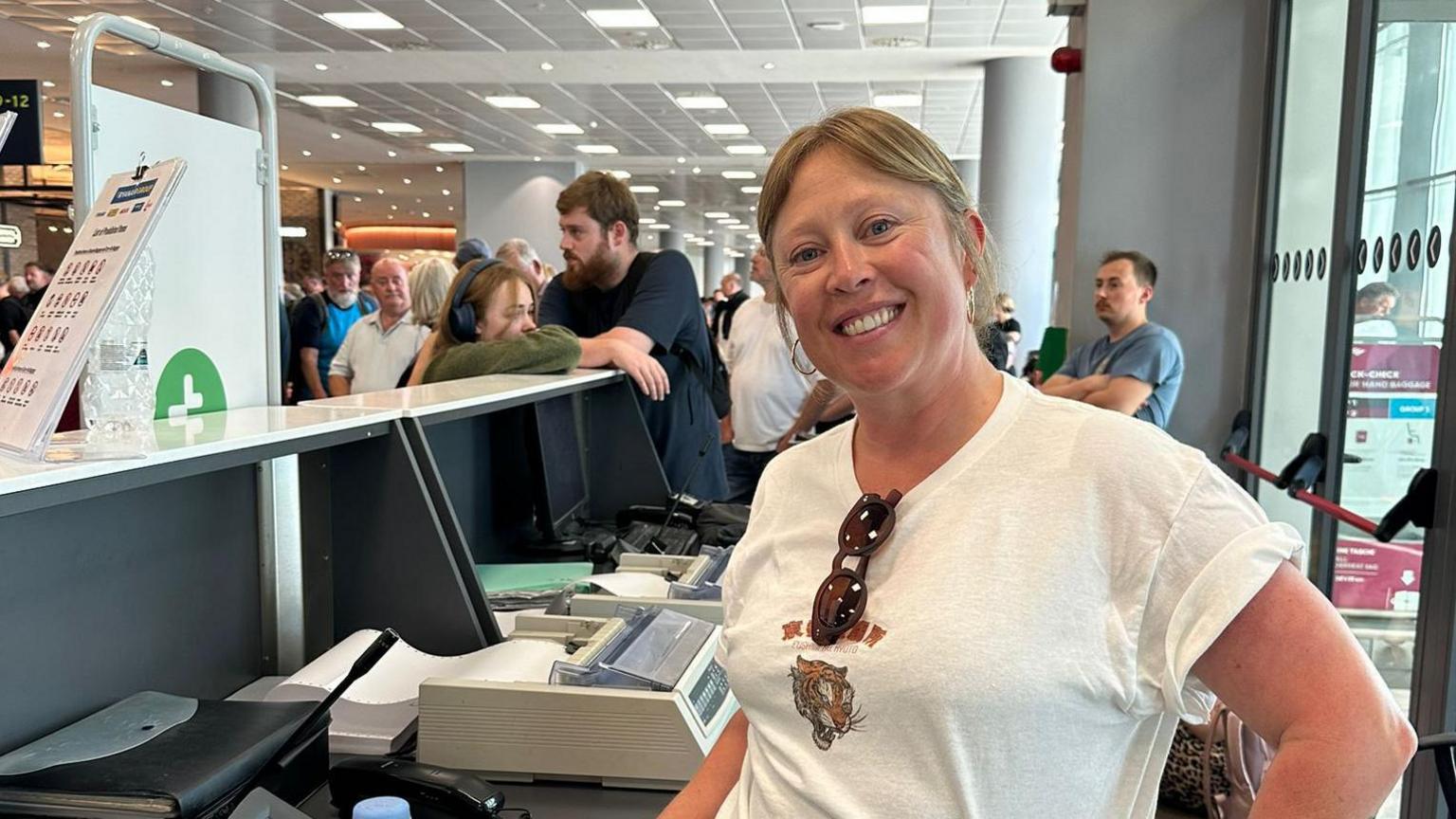
- Published26 October
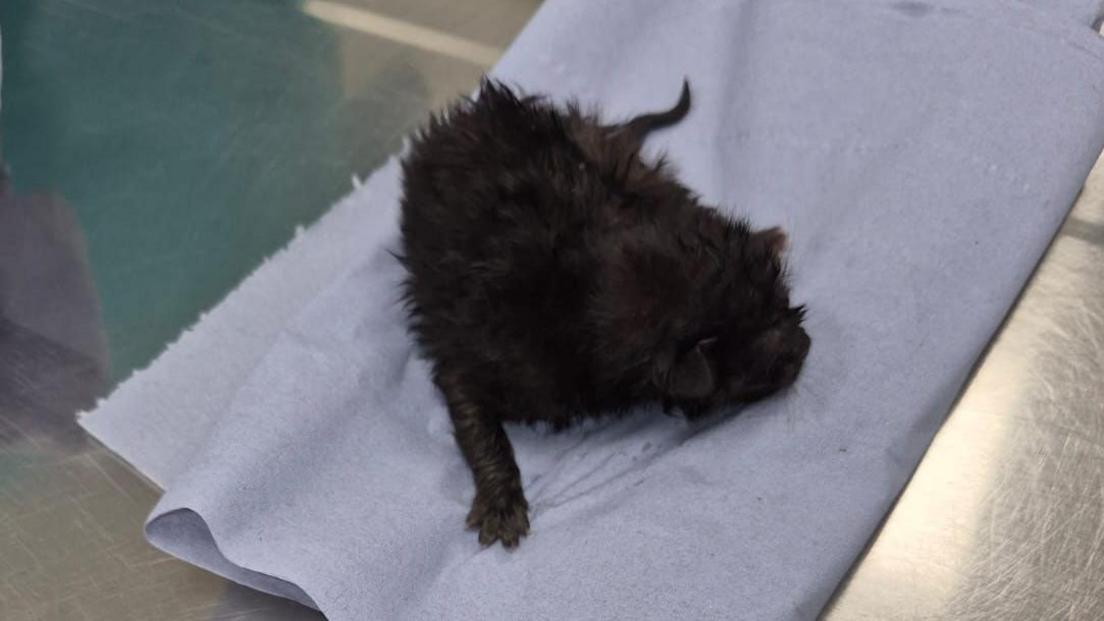
- Published12 October
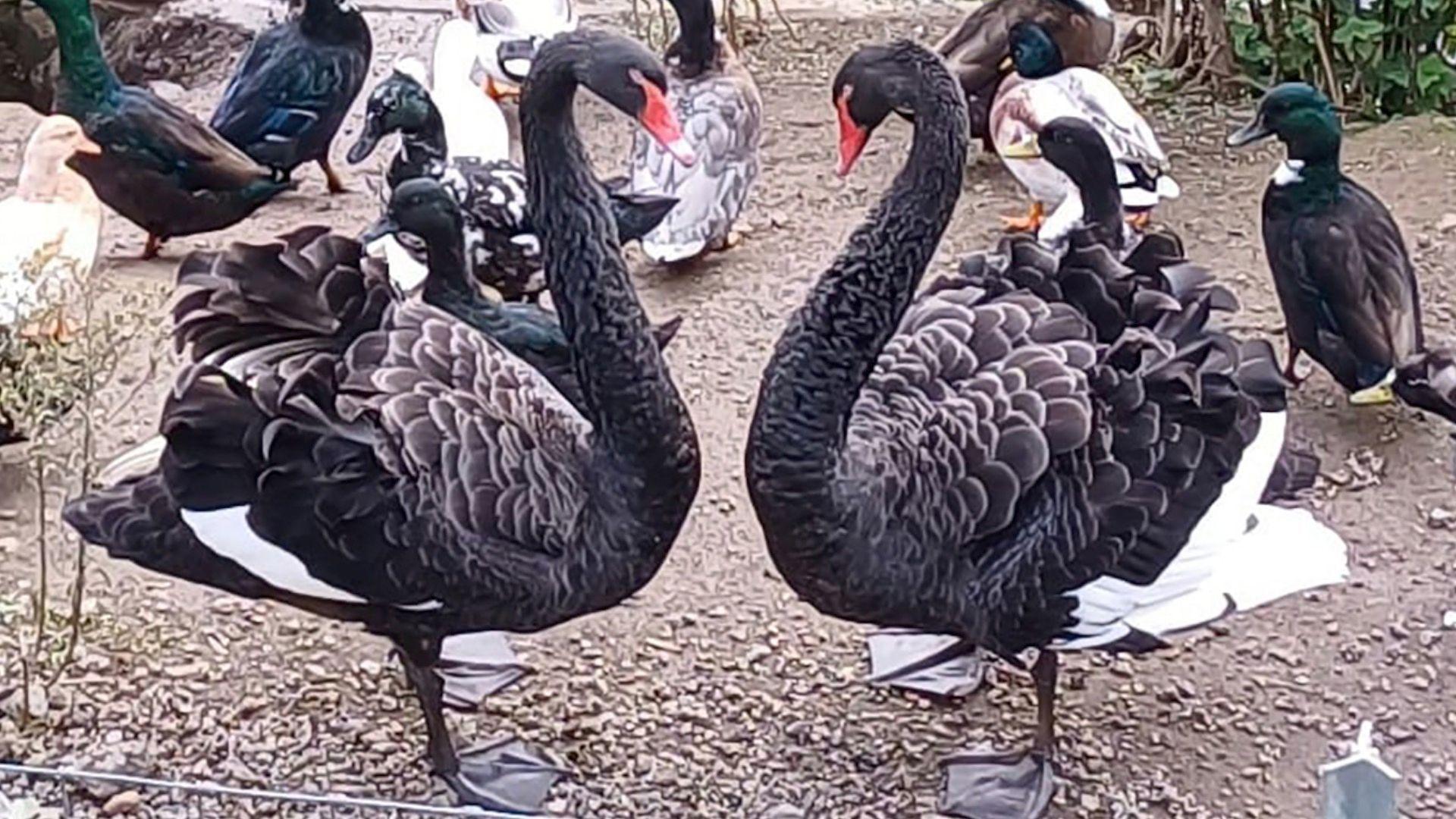
- Published5 October
